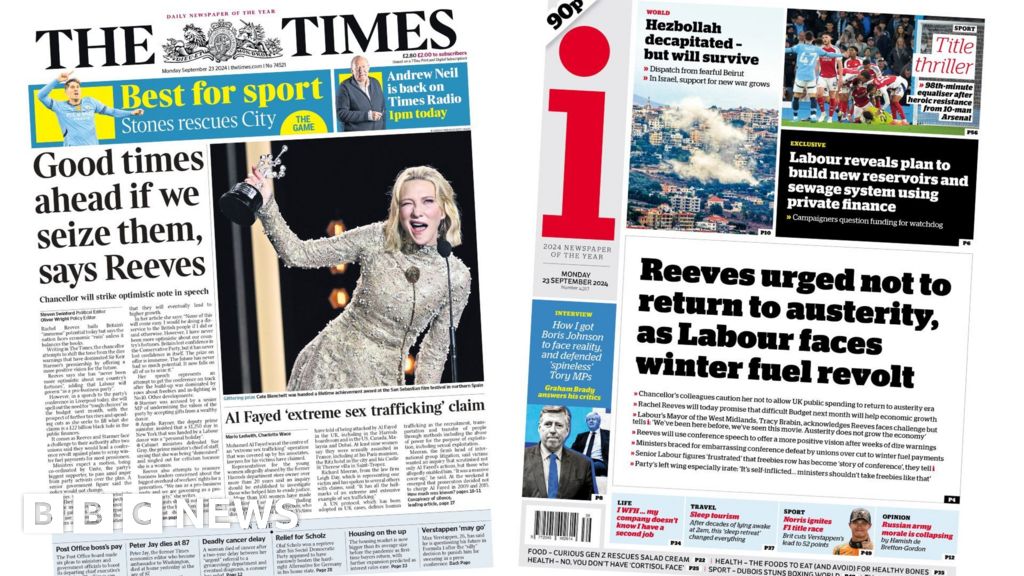The Dangote Oil Refinery stands as a monumental feat of industrial ambition, designed to transform Nigeria’s energy landscape. With a $20 billion investment, it is the world’s largest single-train refinery, boasting a capacity to process 650,000 barrels of oil per day. The refinery’s goal is to end Nigeria’s reliance on imported refined petroleum products and bolster the nation’s position in the global energy market. However, recent developments reveal that this grand vision is being undermined by a series of complex, interrelated issues that highlight the multifaceted nature of the challenges facing the refinery.
At the core of these difficulties is a troubling supply shortfall, exacerbated by regulatory and market dynamics. The refinery has struggled to secure sufficient crude oil despite Nigeria’s status as Africa’s largest oil producer. This problem is partly attributed to the Nigerian Upstream Petroleum Regulatory Commission’s (NUPRC) failure to enforce the Domestic Crude Supply Obligation (DCSO), which mandates that oil producers allocate a portion of their crude to local refineries. The DCSO’s lax enforcement has forced the Dangote Refinery to seek more expensive international sources, driving up operational costs and casting doubt on its long-term viability.
Furthermore, geopolitical and geoeconomic dimensions complicate the refinery’s situation. Nigeria’s average crude oil production has plummeted to between 1.3 and 1.4 million barrels per day in recent months, a decline driven by a combination of vandalism, underinvestment, and regional instability. This reduction in production not only affects domestic supply but also undermines the refinery’s ability to secure a reliable feedstock. Adding to the complexity are Joint Venture Contracts (JVCs) and Production Sharing Contracts (PSCs), which shape the relationship between the government and international oil companies. These contracts often favor the latter, leaving local refineries at a disadvantage in securing crude oil at competitive rates.
The Domestic and Geoeconomic Dimensions
The Dangote Refinery’s struggles are emblematic of broader challenges facing Nigeria’s oil and gas sector. The country’s energy infrastructure is characterized by a web of regulatory hurdles, underinvestment, and geopolitical intricacies. The NUPRC’s failure to enforce the DCSO highlights the difficulty of translating regulatory mandates into tangible outcomes in a market dominated by global players. The refinery’s reliance on international crude supplies reflects a deeper issue: the Nigerian oil market’s entanglement with global economic forces that are often beyond local control.
David Bach’s IA3 framework, as discussed in the MIT Sloan Management Review article “What Every CEO Must Know About Nonmarket Strategy,” provides a useful lens for analysing these challenges. According to Bach, effective nonmarket strategy involves understanding and navigating issues, actors, interests, arenas, information, and assets. In the case of the Dangote Refinery, the issues include regulatory enforcement and market access. The key actors are the NUPRC, international oil companies, and government entities. Interests involve the refinery’s goal to secure a steady supply of crude versus the IOCs’ preference for lucrative global markets. The arenas include both domestic regulatory environments and international markets. Information and assets pertain to the refinery’s negotiation leverage and the broader economic context in which it operates.
Understanding these dimensions is crucial for assessing the refinery’s prospects. The regulatory and market challenges are not just operational hurdles but also strategic issues that require careful navigation. The refinery’s ability to secure a reliable supply of crude, adapt to market conditions, and engage effectively with key stakeholders will determine its success or failure.
Environmental Concerns and Geopolitical Manoeuvring
Compounding the refinery’s difficulties are recent efforts by international NGOs to cast the project in a negative light. These organizations have launched aggressive public relations campaigns, framing the refinery as a significant threat to climate change and environmental sustainability. Their narratives highlight concerns about carbon emissions, environmental degradation, and the refinery’s impact on global decarbonization efforts. Some critics argue that these campaigns are driven by lobbyists hired by global oil giants, who view the Dangote Refinery as a threat to their market share.
David Hundeyin’s recent exposé sheds light on the possibility that such campaigns may be part of a broader strategy to discredit the refinery. Hundeyin reported that he was offered 800,000 naira to write a damning piece about the refinery, suggesting that vested interests are actively working to undermine the project. This situation echoes the warnings in David Bach and David Blake’s CMR article titled “Framed or Be Framed,” which emphasizes the need for companies to proactively manage their nonmarket environments to avoid being disadvantaged by external forces. Just as DP World faced a backlash in the U.S. years ago due to insufficient stakeholder mapping and engagement, the Dangote Refinery must navigate a complex landscape of environmental concerns and geopolitical manoeuvring to protect its interests.
Rating Agencies and Strategic Implications
Adding another layer of complexity is the recent downgrading of the Dangote Refinery’s credit rating by Fitch Ratings. This downgrade has further strained the refinery’s financial position and raised questions about its future. Some analysts suggest that this rating adjustment may be part of a broader geopolitical strategy, akin to the concept of “War by Other Means” as discussed by Blackwill and Harris. This theory posits that economic and financial tools can be used to achieve strategic objectives, much like military tactics. If Fitch’s downgrade is viewed as a deliberate move to undermine Dangote’s ambitions, it reflects a sophisticated form of economic warfare designed to weaken the refinery’s position in the market.
The consequences for Dangote could be significant. A lower credit rating increases borrowing costs, restricts access to capital, and undermines investor confidence. This, in turn, could hinder the refinery’s ability to secure the necessary funding and operational support to overcome its current challenges. The potential for further financial and operational strain underscores the need for a robust strategy to address both market and nonmarket challenges.
Navigating Complex Realities
The Dangote Refinery’s situation is a microcosm of the broader challenges facing Nigeria’s oil and gas sector. The interplay of domestic regulations, international market dynamics, environmental concerns, and geopolitical manoeuvres creates a complex and often hostile environment. For the refinery to succeed, it must navigate these challenges with a strategic approach that integrates both market and nonmarket considerations.
Effective stakeholder mapping, proactive engagement, and a clear understanding of the nonmarket environment are essential. The refinery’s ability to secure a reliable supply of crude, adapt to market conditions, and address environmental and geopolitical concerns will determine its success. Moreover, the recent downgrade by Fitch Ratings highlights the importance of maintaining financial stability and investor confidence.
As Nigeria’s energy sector continues to evolve, the Dangote Refinery stands as a critical test of the country’s ability to leverage its natural resources for economic development. The refinery’s challenges are a reminder of the complexities inherent in large-scale industrial projects and the need for a nuanced, strategic approach to navigate the intricate landscape of global energy markets and domestic regulatory environments.
In the coming months, the refinery’s ability to adapt and overcome these challenges will be closely watched. The outcome will have profound implications not only for the refinery itself but also for Nigeria’s broader energy strategy and economic future. Whether the Dangote Refinery can fulfil its promises or become another cautionary tale of overambition will depend on its capacity to navigate the complex and often turbulent waters of the global energy market.
Some quotes that summaries the write up
“The Dangote Refinery’s goal is to end Nigeria’s reliance on imported refined petroleum products and bolster the nation’s position in the global energy market.”
“The refinery’s reliance on international crude supplies reflects a deeper issue: the Nigerian oil market’s entanglement with global economic forces that are often beyond local control.”
“David Hundeyin’s recent exposé sheds light on the possibility that such campaigns may be part of a broader strategy to discredit the refinery, suggesting that vested interests are actively working to undermine the project.”
“The refinery’s ability to secure a reliable supply of crude, adapt to market conditions, and engage effectively with key stakeholders will determine its success or failure.”
“The potential for further financial and operational strain underscores the need for a robust strategy to address both market and nonmarket challenges.”

 1 month ago
4
1 month ago
4















 English (US) ·
English (US) ·